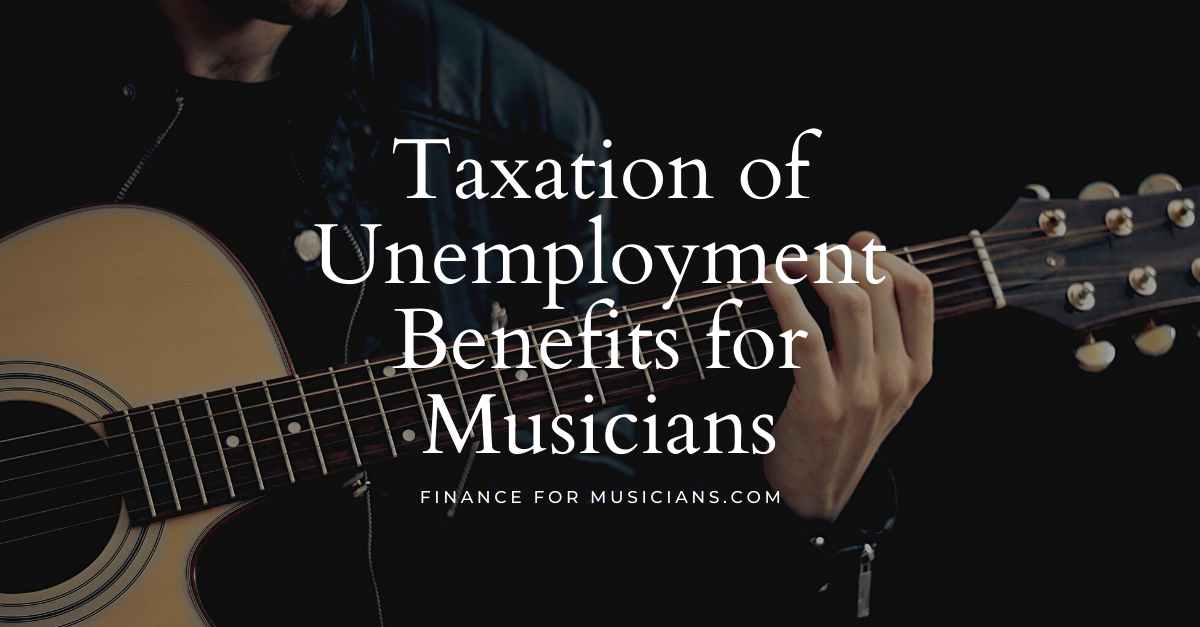Tag: Unemployment
-

Taxation of Unemployment Benefits for Musicians
On March 11, the President signed the American Rescue Plan Act (ARPA), which changed the taxation of unemployment benefits. Many musicians received unemployment benefits in 2020 due to Coronavirus shutdowns. Unemployment benefits have always taxable income, however, ARPA will allow you to exclude up to $10,200 of benefits from your 2020 income. Musicians can qualify…
-

Unemployment Benefits for Musicians
With the Coronavirus causing cancellations of concerts, schools, church services, and other gigs, many of you are wondering about unemployment benefits for musicians. Are you eligible? Unemployment insurance is provided at the state level and each state has its own eligibility, rules, and application process. To find the link for your own state, visit the…
